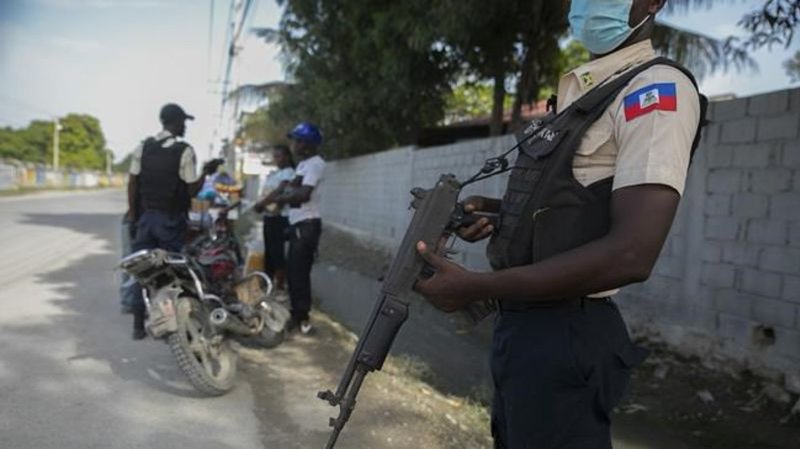
Armoured vehicles to Haiti, Nexus closure concerns : In The News for Oct. 17
In The News is a roundup of stories from The Canadian Press designed to kickstart your day. Here is what’s on the radar of our editors for the morning of Oct. 17 …
What we are watching in Canada …
The federal government has sent armoured vehicles and other supplies to Haiti to help police fight a powerful gang amid a pending request from the Haitian government for the immediate deployment of foreign troops.
Prime Minister Justin Trudeau says that by providing the equipment, Canada is supporting the restoration of security in Haiti.
